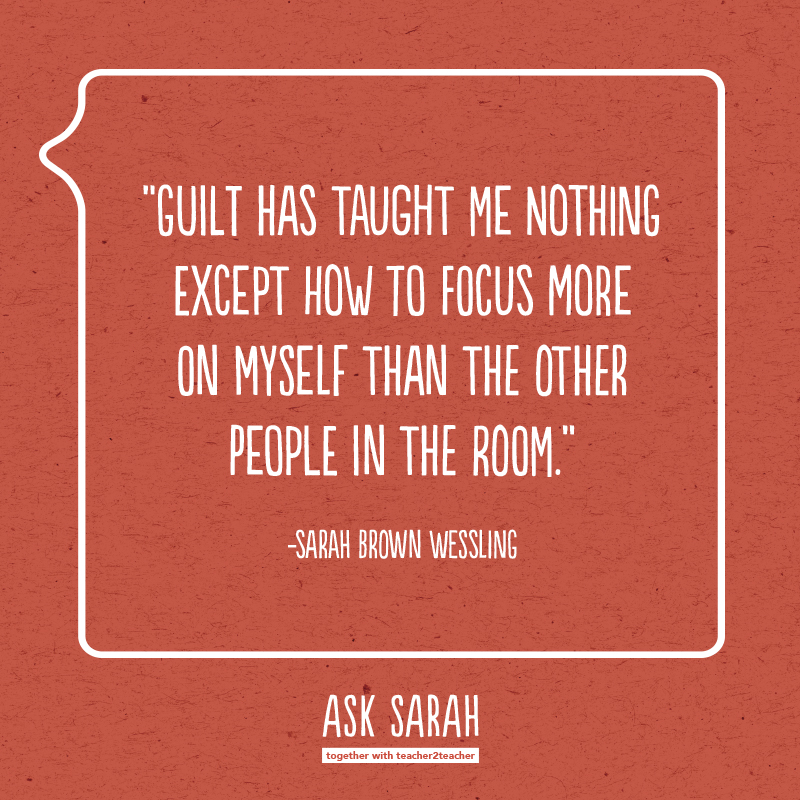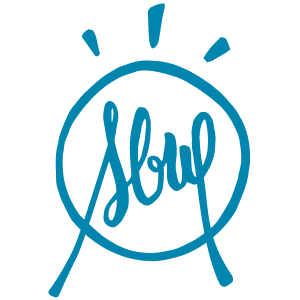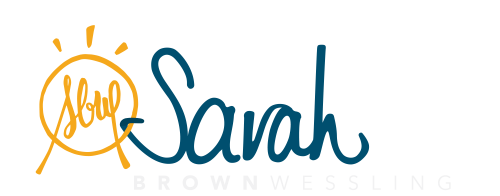
I’ve had this stack of papers on my desk for nearly three months. Do I hand them back?
Sincerely,
Paper Guilt

Thank you for asking this question. Seriously. This is like one of those classroom moments when a student sheepishly raises his hand and asks the question everyone is thinking and no one wants to ask. Then as soon as he does, there’s a collective sigh of gratitude from everyone else. I can assure you, everyone else is grateful you’ve asked this question because it’s a secret almost every teacher has kept and is too embarrassed to talk about. (Me included.)
We’re embarrassed because we know the importance of timely feedback, because we know much of our best teaching comes in the margins, because we know in that stack of papers lies the tangible reminder of all our humanness.
While my answer to your question — yes, hand back the papers — is pretty simple, the way to go about it offer options.
First, let’s confront the reason you’re contemplating not handing them back: guilt. Regardless of how real that guilt might feel, you’re not a bad person or an incompetent teacher for having one stack of late papers to return. You might feel a little embarrassed, maybe even a little ashamed, but the way out is through and that means mustering some bravery and coming clean. Even though I struggle with it constantly, guilt has taught me nothing except how to focus more on myself than the other people in the room.
And when you focus on the other people in the room, you’ll figure out the lesson this stack of papers is going to help you teach.
- Is it going to be a lesson about reflection? Perhaps you can use these papers as a point of self-reflection. Turn them into a metacognitive strategy where students take their most recent work of a similar skill and look at how they’ve grown (or not) in the last three months. They can use examples from the early work in comparison to the current work and you can give them feedback on their newest insight.
- Is it going to be a lesson in process? Although the time has passed for students to really learn from that particular assignment, you may be able to craft a new one out of it. Think of it as a creative use of leftovers! If it’s an essay they wrote, ask them to take the best sentence from that piece and make it the first sentence of a new one. If it’s an assignment with yes and no answers, ask them to focus on the concepts that underlie it. Have them determine how the early concept compares to the most recent one you’re working with. Venn diagrams and other visual models are fantastic for this.
- Is it going to be a lesson in the realities of school? Maybe it’s not a lesson about the content at all this time. Maybe it’s a lesson about being human. Maybe it’s you talking about your late work policy with a little more perspective or extending to your learners more leniency, now realizing you’re just as fallible as they are.
We have to remember that we’re always teaching, even when we think we aren’t. With consciousness and deliberateness, we can resolve this question is more about the people than the papers.
Teach openly,
With Teacher2Teacher




I agree with the perspective that we all have “been there”. Sarah’s closing response “We have to remember that we’re always teaching, even when we think we aren’t. With consciousness and deliberateness,…” is absolutely dead-on for me. Students must exposed to the process of timeliness and how to appropriately address it in a professional manner. Life happens and how we respond to it determines who we are as a person.
Thanks so much for adding to the conversation, Chris! You remind us that everything is a lesson.